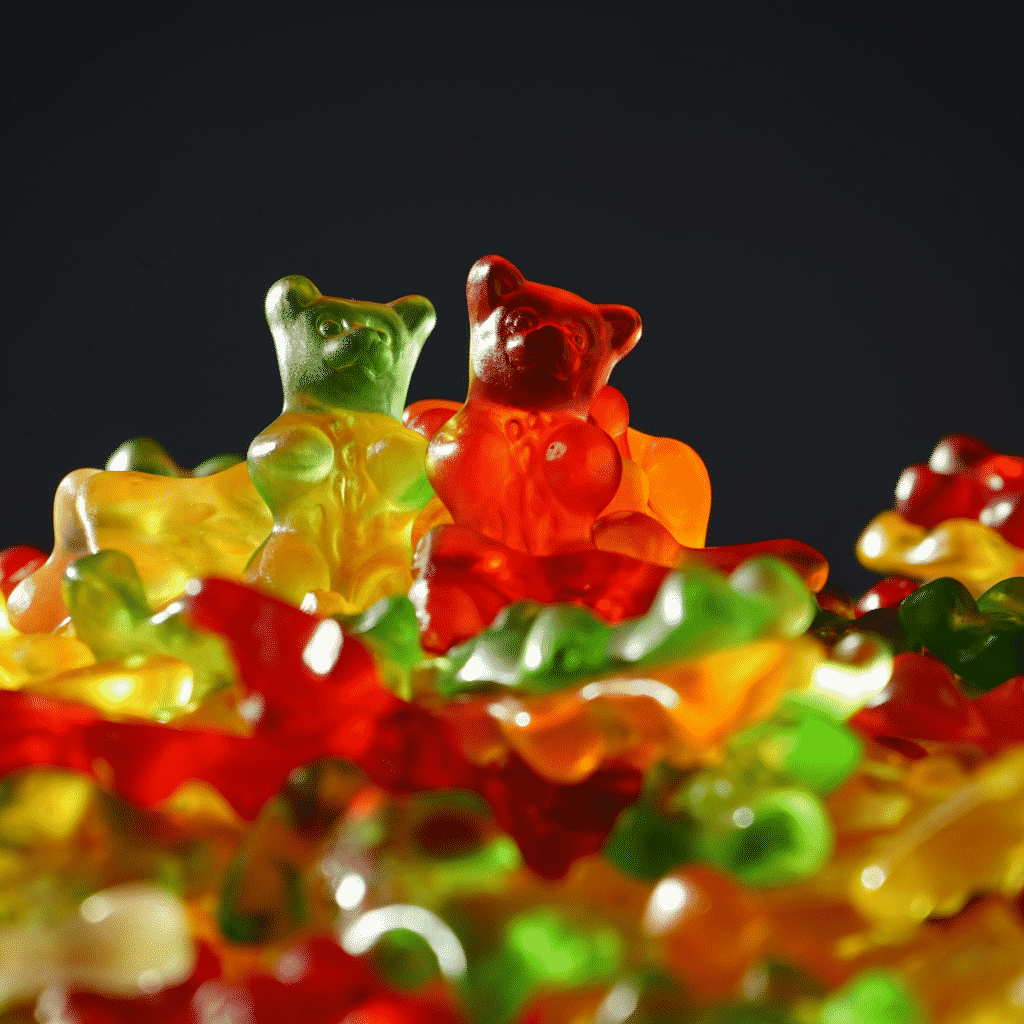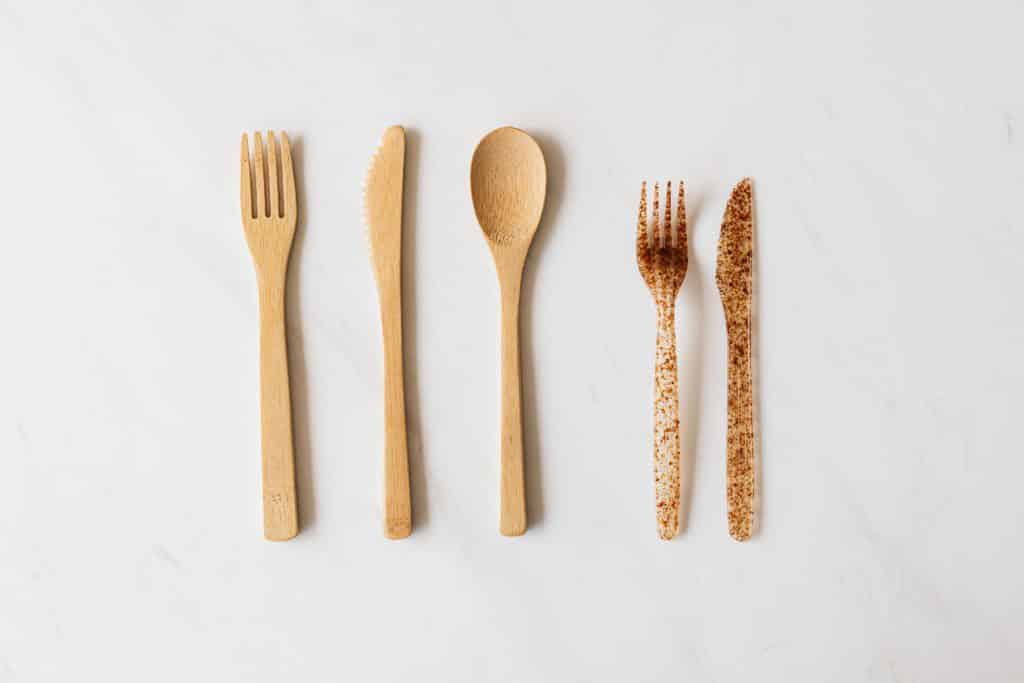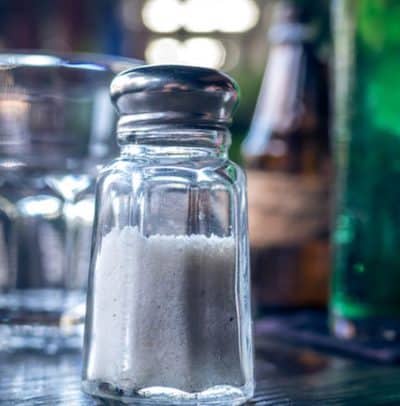Pregnancy brings about a lot of changes in a woman’s life. Usually, these changes come with some unpredictable symptoms; including a metallic taste in the mouth.

For some women, this taste persists all through pregnancy. On the other hand, others only experience it for a few months or not at all.
This article would supply you with all the info you need on the metallic taste during pregnancy, including the causes and easy tips on how to get rid of it.
Table of contents
What Do We Mean By Metallic Taste In the Mouth?
Metallic taste in the mouth (also known as dysgeusia) is one of the early symptoms of pregnancy.
It is caused by the changing hormones during pregnancy. Although dysgeusia doesn’t result in food cravings, it can make food taste bitter in the mouth after eating. In some pregnant women, this metallic taste can worsen the symptoms of morning sickness.
Thankfully, this condition is harmless.

It usually happens during the first trimester (first three months) of pregnancy and fades away as the pregnancy progresses.
What Are The Causes?
The main cause of metallic taste during pregnancy is unknown.
However, some possible causes include:
- Hormonal changes: The variations in hormonal levels during pregnancy can adjust the sense of taste, making some expectant mums have a metallic taste in their mouths.
- Water Retention: During pregnancy, there’s an increase in water retention. This may affect the taste buds leading to this perception of a metallic taste.
- Irritations: Interestingly, there’s a close relationship between the sense of smell and taste. An irritating smell may trigger an unpleasant taste in the mouth as well.
How To Handle The Metallic Taste in The Mouth During Pregnancy
There is no treatment that can get rid of the metallic taste you sense in your mouth during pregnancy.
Nevertheless, we’ve compiled a few tips that would minimize the effects of metallic taste in your mouth during pregnancy.
These include:
1. Chew Sugarless Gums/Mints
Do you know about Gummy Bears?

These multi-flavored fruit gum candies contain sugar, starch, and citric acid. In addition, gummy bears can help stop that metallic feel in your mouth. There are prenatal multivitamins that come as gummy bears as well. Amazing right?
You can also try other popular mints like TicTac and Mentos.
2. Eat Spicy Food
Not just your regular spicy meal.

This time, the stakes are higher because pepper or savory food can provide major relief and numb any weird tastes in your mouth while pregnant. Please avoid undercooked meat during pregnancy.
3. Take A Lot of Fruit
Eating fresh green apples or citrus fruits (oranges, lemons, tangerines, etc) is helpful in purging any lingering metallic taste.
4. Try Ginger Tea.
Ginger improves saliva flow, aids digestion, and also gets rid of any uncomfortable taste (including that metallic taste) during pregnancy.
5. Go for plastic cutlery
When it’s time to select cutlery for meals, we’d recommend the plastic or wooden ones!

Why?
It’s simple, the fastest way to reduce the metallic taste in your mouth is to reduce the amount of metal you put into your mouth.
6. Stay Hydrated
Staying hydrated with water, and other fluids like green tea, fruit juice, and milk help to prevent dry mouth and reduce metallic tastes.
7. Maintain A Good Oral Hygiene
This also helps minimize metallic taste in the mouth. You can also brush your tongue gently to get rid of any lingering metallic taste too.

8. Stick With Familiar Stuff
If you’re struggling with a serious case of metallic taste in the mouth; stick with meals and drinks that you’re familiar with.
Whenever you can, avoid tasting new foods as it can worsen the metallic taste in the mouth.
9. The Baking Powder Option
Gargling with a simple baking powder solution can also help reduce that metallic taste in the mouth.
10. A Saltwater Rinse
Whenever you experience that uneasy feeling that comes with the metallic taste, you can quickly rinse your mouth with a saltwater solution.

To make this solution, get a glass of water and a pinch or two of salt to it and stir adequately. Once the mix is ready, rinse your mouth thoroughly and spit it out.
Conclusion
A metallic taste in the mouth is not a cause for medical concern in pregnant women. It is not harmful, and most times does not persist all through the period of pregnancy.
Just like other pregnancy symptoms, a metallic taste in the mouth will go away on its own.
REFERENCES
- Ezen Choo and Robin Dando (2017). “The Impact of Pregnancy on Taste Function.” Chemical Senses. Accessed on 15th October, 2020 from https://academic.oup.com/chemse/article/42/4/279/3045928
- Marijke M. Faas, Barbro N. Melgert, and Paul de Vos (2010). “A Brief Review on How Pregnancy and Sex Hormones Interfere with Taste and Food Intake.” Chemosensory Perception. Accessed on 15th October, 2020 from https://www.ncbi.nlm.nih.gov/pmc/articles/PMC2844535/#__ffn_sectitle
- Harry T Lawless, David A Stevens, Kathryn W Chapman and Anne J Kurtz (2015). “Metallic Taste from Electrical and Chemical Stimulation.” Chemical Senses. Accessed on 15th October, 2020 from https://www.researchgate.net/publication/7991620_Metallic_Taste_from_Electrical_and_Chemical_Stimulation

